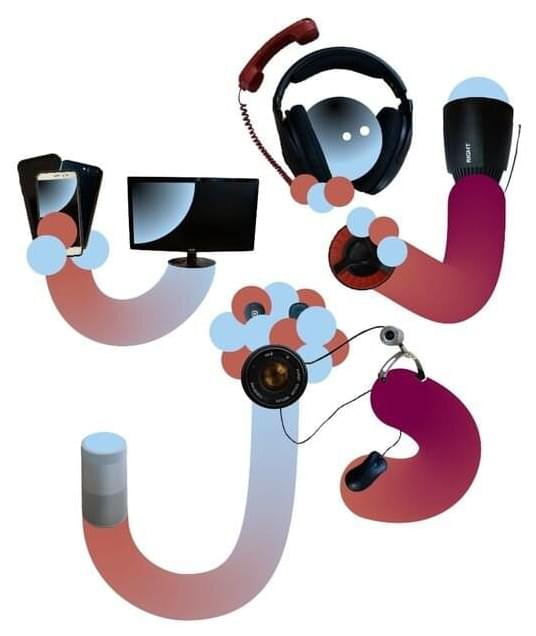Modern life can be full of baffling encounters with artificial intelligence—think misunderstandings with customer service chatbots or algorithmically misplaced hair metal in your Spotify playlist. These AI systems can’t effectively work with people because they have no idea that humans can behave in seemingly irrational ways, says Mustafa Mert Çelikok. He’s a Ph.D. student studying human-AI interaction, with the idea of taking the strengths and weaknesses of both sides and blending them into a superior decision-maker.
In the AI world, one example of such a hybrid is a “centaur.” It’s not a mythological horse–human, but a human-AI team. Centaurs appeared in chess in the late 1990s, when artificial intelligence systems became advanced enough to beat human champions. In place of a “human versus machine” matchup, centaur or cyborg chess involves one or more computer chess programs and human players on each side.
“This is the Formula 1 of chess,” says Çelikok. “Grandmasters have been defeated. Super AIs have been defeated. And grandmasters playing with powerful AIs have also lost.” As it turns out, novice players paired with AIs are the most successful. “Novices don’t have strong opinions” and can form effective decision-making partnerships with their AI teammates, while “grandmasters think they know better than AIs and override them when they disagree—that’s their downfall,” observes Çelikok.
